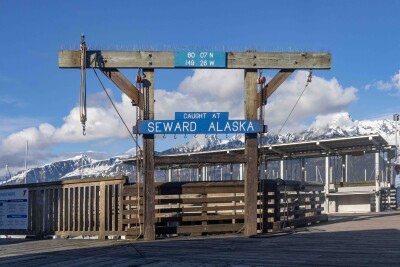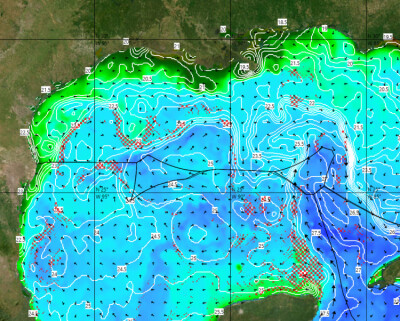A program used in many U.S. fisheries to protect the marine environment and maintain healthy fish populations may have an immensely important added benefit: preserving the lives of American fishermen.
That's according to a new study published Monday in the Proceedings of the National Academy of Sciences. Researchers found that catch share programs (where fishermen are allotted a set quota of the catch) reduce some of the notoriously risky behavior fishermen are known for, such as fishing in stormy weather, delaying vessel maintenance, or heading out to sea in a boat laden with too much heavy fishing gear.
Traditional fishery-management programs open and close fishing seasons on specific days. By contrast, catch shares work on a quota system, under which fishermen have a longer window to harvest their predetermined share. That gives fishermen the luxury (and perhaps the life-saving option) of time.
The findings don't surprise Scott Campbell Sr., who spent most of his 35-year career fishing the Bering Sea for king crab they way it used to be done: derby-style. Crab season would open, and regardless of weather, Campbell and his crew would be on the water, hoping to nab enough crab during the season's brief window to keep his business afloat.
Read the full story at NPR >>
Read more about catch sharing >>






